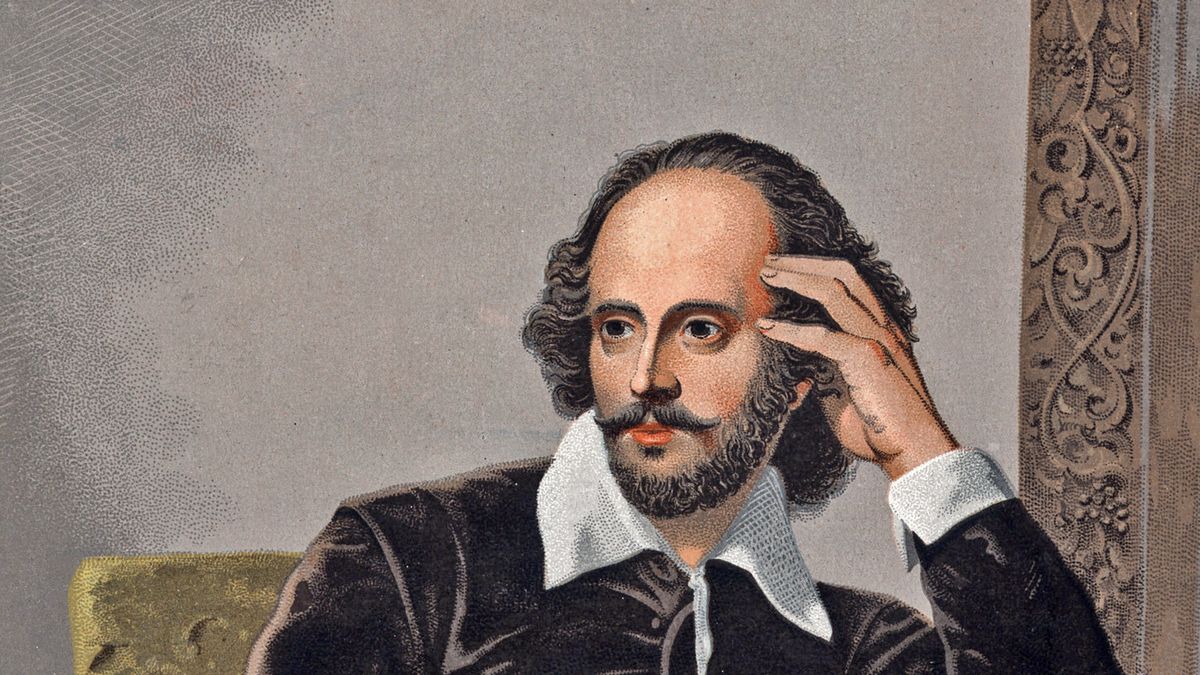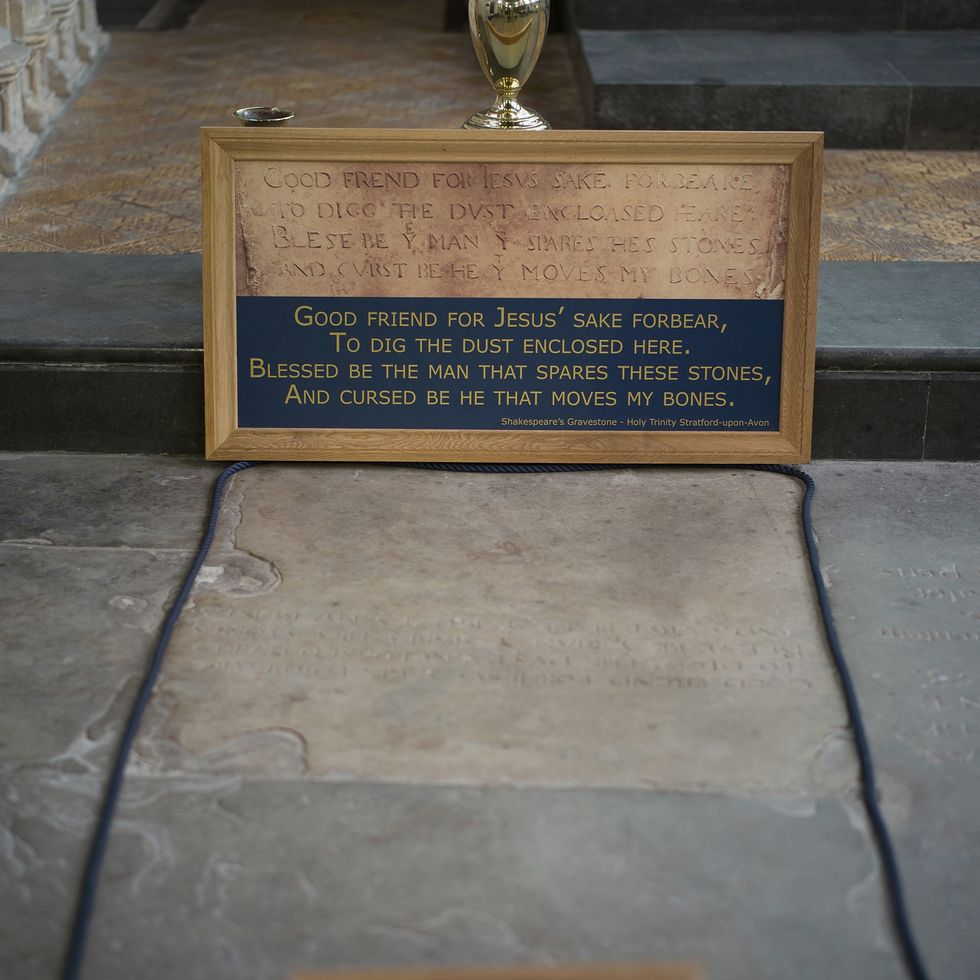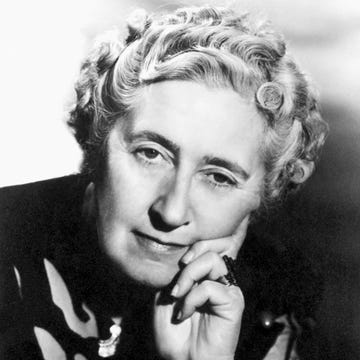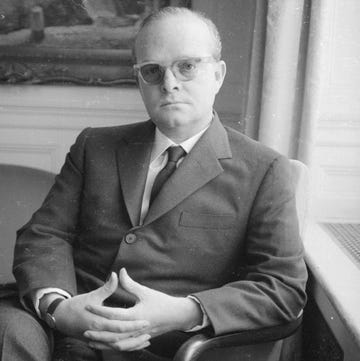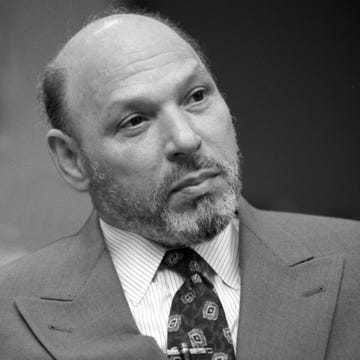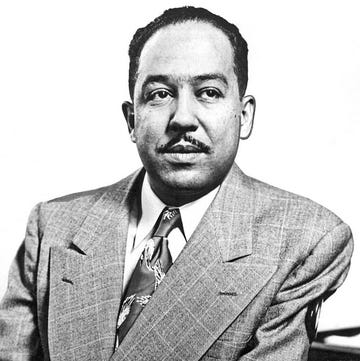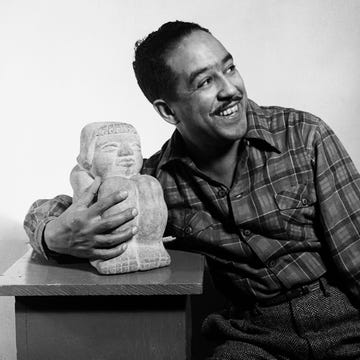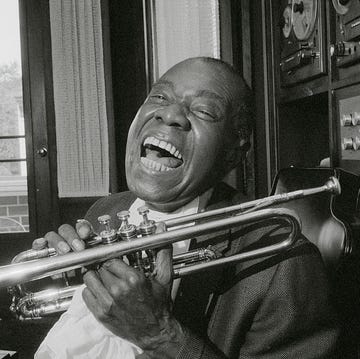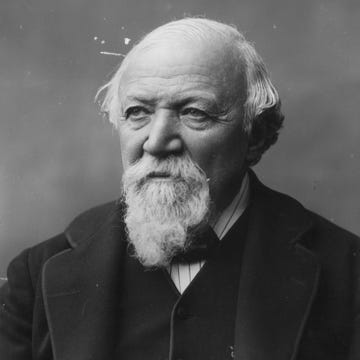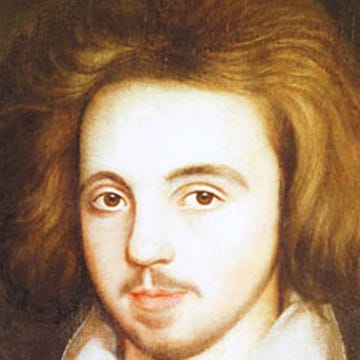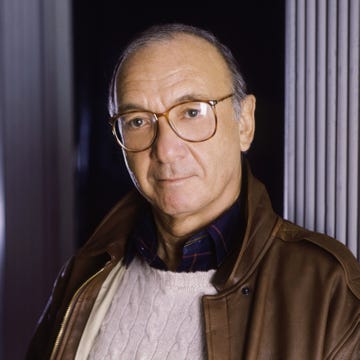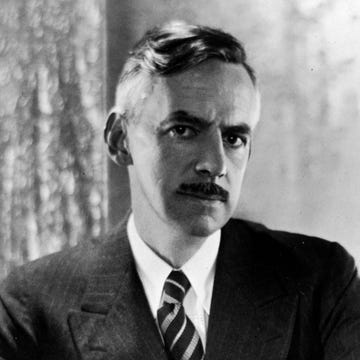Revered playwright and poet William Shakespeare has gripped readers and theatergoers for centuries with his tales of tragedy and romance. Just as enduring—and, for many scholars, puzzling—has been the story of his death in 1616.
Or, at least the story of what might have happened. Much like fellow literary great Edgar Allan Poe more than 200 years later later, Shakespeare’s final days are shrouded by uncertainty.
With little in the way of official documentation to help them, historians have had to rely on hints from Shakespeare’s will and the accounts of his 17th century contemporaries to piece together the mystery. Here’s a look at what they’ve been able to determine so far about how Shakespeare died and why the rest remains so enigmatic.
Shakespeare’s cause of death wasn’t recorded
Very few specifics of Shakespeare’s 1616 death are certain. We do know his writing career had slowed by this time—his last known play, The Two Noble Kinsmen, was written two to three years prior—and he had returned to his childhood home of Stratford-upon-Avon. It’s traditionally believed he died on April 23, the same day as his presumed birthday in 1564, but some scholars contend this coincidental circumstance is a myth. His precise birth and death dates are unknown, but we at least know he died before April 25, 1616, when church records show he was interred.
Although deaths were recorded at the time, causes of death weren’t. The exceptions were plague fatalities, as it would have been vitally important to track the spread of the disease. With no such reference known for Shakespeare, we can most likely rule that out.
Perhaps most frustrating for researchers is that Shakespeare’s son-in-law John Hall was a well-known physician who left extensive records about his patients. That included Shakespeare’s eldest daughter, Susanna, who was also Hall’s wife. However, he makes no mention of treating the great playwright.
Drinking and disease emerged as theories
One particular tale about Shakespeare’s demise has persisted for hundreds of years. About 50 years after his death, a story began circulating that Shakespeare died after a night of heavy drinking with fellow writers Ben Jonson and Michael Drayton. According to Stanley Wells, an emeritus professor of Shakespeare studies at the University of Birmingham, the London-based Jonson wrote a flattering tribute to Shakespeare in the First Folio, the original collection of Shakespeare’s plays that was published in 1623. Drayton spent much of his time only 1 mile away from Stratford at Clifford Chambers and was a frequent visitor to the neighboring city.
While there is a degree of feasibility to the story given Jonson’s acquaintance and Drayton’s proximity to the famed playwright, it’s much more likely that Shakespeare would have suffered a hangover from such merriment as opposed to a deadly infection that cost him his life.
A more logical hypothesis is that he suffered from some disease other than the plague. According to the Shakespeare Birthplace Trust, typhus fever was particularly common at the time, and Shakespeare lived near a water source that could have helped the malady spread.
But given the lack of records, these speculative stories will continue to remain exactly that.
Shakespeare left intriguing clues in his will
Just weeks prior to his death, Shakespeare updated his will on March 25, 1616. In the document, the Bard described himself as “in perfect health & memory, God be praised.” As it turns out, the will was a revised version of a draft completed earlier that year in January. The Folger Shakespeare Library notes that some scholars believe this was done to reflect the change in marital status of his daughter Judith. She had wed Thomas Quiney on February 10.
Such a quick change could suggest Shakespeare was dealing with some form of long-term illness—or it could mean nothing at all. Similar to today, preparing for death and organizing one’s personal affairs were common social conventions of the era. Still, Shakespeare’s three signatures on the document were made with apparently shaky pen strokes, suggesting he might have been sick and might have struggled to hold the instrument.
Shakespeare left the bulk of his possessions to his daughter Susanna. More curiously, he made little mention of his wife, Anne Hathaway—only bequeathing her his “second best bed with the furniture.” Some experts have surmised this was a deliberate slight and that their relationship had soured. But there’s little evidence to suggest this, and Shakespeare might have meant “second best” in the literal sense to ensure Hathaway would receive the correct inheritance.
Shakespeare’s remains hold their own mystery
However Shakespeare died, we know his grave is located at the Holy Trinity Church, Stratford-upon-Avon. Yet, what happened to his remains is the subject of even more speculation.
In March 2016, researcher Kevin Colls from the Center of Archaeology at Staffordshire University revealed he had uncovered evidence using radar technology that Shakespeare’s skull is likely missing from his grave. “These results will undoubtedly spark discussion, scholarly debate and controversial theories for years to come,” Colls said at the time. “Even now, thinking of the findings sends shivers down my spine.”
One longstanding tale posited that Shakespeare’s head was actually inside a sealed crypt at another church 15 miles away in Worcestershire. But Colls and his team debunked that story, determining those remains belonged to a woman who died in her 70s.
Another theory, according to an 1879 Argosy magazine article, is that a local doctor named Frank Chambers robbed Shakespeare’s grave in 1794. According to Colls’ research, a writer named Horace Walpole supposedly offered a £300 reward to anyone who could bring him the skull of Shakespeare.
No matter the location, or locations, where Shakespeare now rests, the uncertainty only adds to the mystique of his final days and legacy.
Tyler Piccotti first joined the Biography.com staff as an Associate News Editor in February 2023, and before that worked almost eight years as a newspaper reporter and copy editor. He is a graduate of Syracuse University. When he's not writing and researching his next story, you can find him at the nearest amusement park, catching the latest movie, or cheering on his favorite sports teams.
